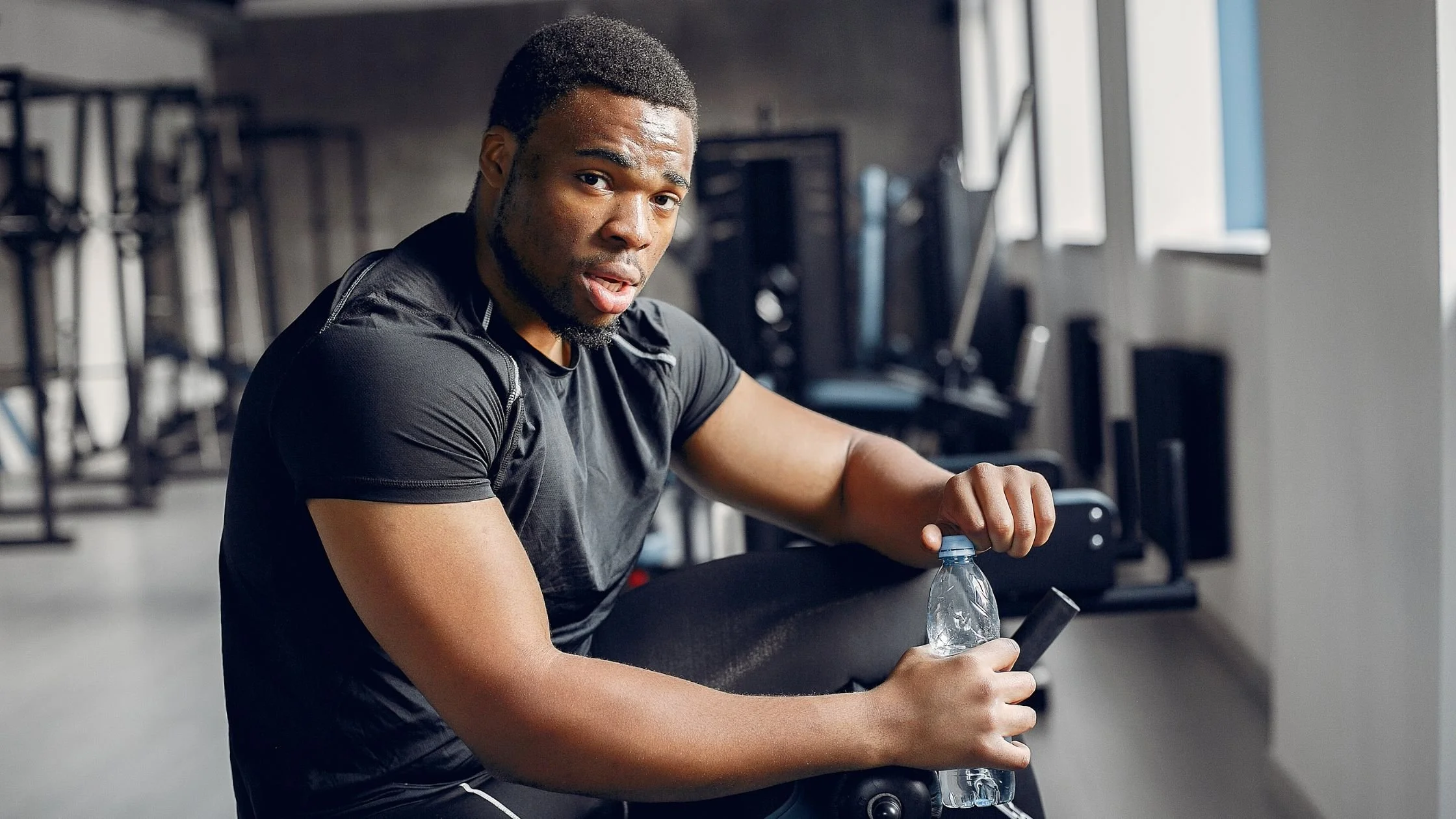The Importance of Hydration for Optimal Health and Fitness
Staying properly hydrated is a crucial aspect of maintaining optimal health and achieving peak performance in your workouts and fitness routines. Hydration plays a vital role in regulating body temperature, lubricating joints, delivering nutrients, and ensuring overall bodily functions are working at their best. In this article, we will explore the significance of hydration and provide practical tips on how to stay adequately hydrated during exercise.
The Role of Water in the Body
Water is the foundation of life, and its importance cannot be overstated. Our bodies are composed of approximately 60% water, and every system relies on it to function optimally. Water helps maintain a stable body temperature, aids in digestion, transports nutrients, and supports the elimination of waste products. It also plays a critical role in lubricating joints, protecting organs and tissues, and promoting healthy skin.
Understanding Dehydration
Dehydration occurs when the body loses more fluid than it takes in, leading to an imbalance that can negatively impact physical and cognitive functions. Mild dehydration can cause symptoms such as fatigue, muscle cramps, dry mouth, and reduced exercise performance. In more severe cases, dehydration can result in dizziness, lightheadedness, rapid heartbeat, and even heat-related illnesses like heat cramps, heat exhaustion, or heatstroke.
Signs of Dehydration
To gauge your hydration level, a simple indicator is the color of your urine. Ideally, urine should be pale yellow or colorless, indicating proper hydration. If your urine is dark yellow or amber-colored, it's a sign that you may be dehydrated and need to increase your fluid intake. Other signs of dehydration include a lack of sweating during exercise, dry mouth, and increased thirst.
Hydration Guidelines for Exercise
The amount of water you need to drink while exercising can vary depending on various factors such as your sweat rate, environmental conditions, duration, and intensity of exercise. The American Council on Exercise provides some basic guidelines for hydration:
Pre-Exercise Hydration
Drink 17 to 20 ounces of water 2 to 3 hours before starting your workout to ensure you are adequately hydrated.
Hydration During Exercise
Consume 7 to 10 ounces of water every 10 to 20 minutes during exercise to replenish fluids lost through sweat and maintain hydration levels.
Post-Exercise Hydration
Drink 8 ounces of water within 30 minutes after completing your workout to aid in recovery and replenish fluid losses.
It's important to note that individual hydration needs may vary, especially if you have certain medical conditions or take medications that can affect fluid balance. Consulting with a healthcare professional or sports nutritionist can provide personalized guidance on hydration strategies.
When Water Alone Isn't Enough
For most individuals engaging in moderate-intensity exercise, water is the best choice for staying hydrated. However, for longer and more intense workouts lasting over an hour, sports drinks can provide additional benefits. Sports drinks contain electrolytes, such as sodium and potassium, which help replenish what is lost through sweat and can enhance performance and endurance. If you choose to consume sports drinks, be mindful of their sugar content and serving size.
Hydration and Overall Health
Proper hydration is not only essential for exercise performance but also for overall health and well-being. Dehydration can impact cognitive function, mood, and energy levels. It can also lead to constipation, urinary tract infections, and other health issues. By prioritizing hydration, you are supporting your body's ability to function optimally in all aspects of life.
Strategies for Staying Hydrated
To ensure you stay consistently hydrated throughout the day and during your workouts, consider implementing the following strategies:
Carry a Water Bottle
Keep a reusable water bottle with you at all times to make it easier to stay hydrated throughout the day.
Set Reminders
Use smartphone apps or alarms to remind yourself to drink water regularly, especially during busy periods when hydration may be overlooked.
Monitor Fluid Intake
Use smartphone apps or alarms to remind yourself to drink water regularly, especially during busy periods when hydration may be overlooked.
Hydrate with Meals
Drink water with each meal to aid digestion and maintain hydration levels.
Choose Hydrating Foods
Incorporate water-rich foods like fruits and vegetables into your diet to boost hydration levels.
Listen to Your Body
Pay attention to your body's signals and drink water when you feel thirsty. Thirst is an early sign of dehydration.
Hydrate Before, During, and After Workouts
Follow the hydration guidelines mentioned earlier to ensure you are adequately hydrated before, during, and after exercise.
Conclusion: Hydration Is a Fundamental Aspect of Maintaining Optimal Health
Ready to transform? Dive into a complimentary one-week trial with any Winning Results Fitness plan and kickstart your journey to a fitter, stronger you.







